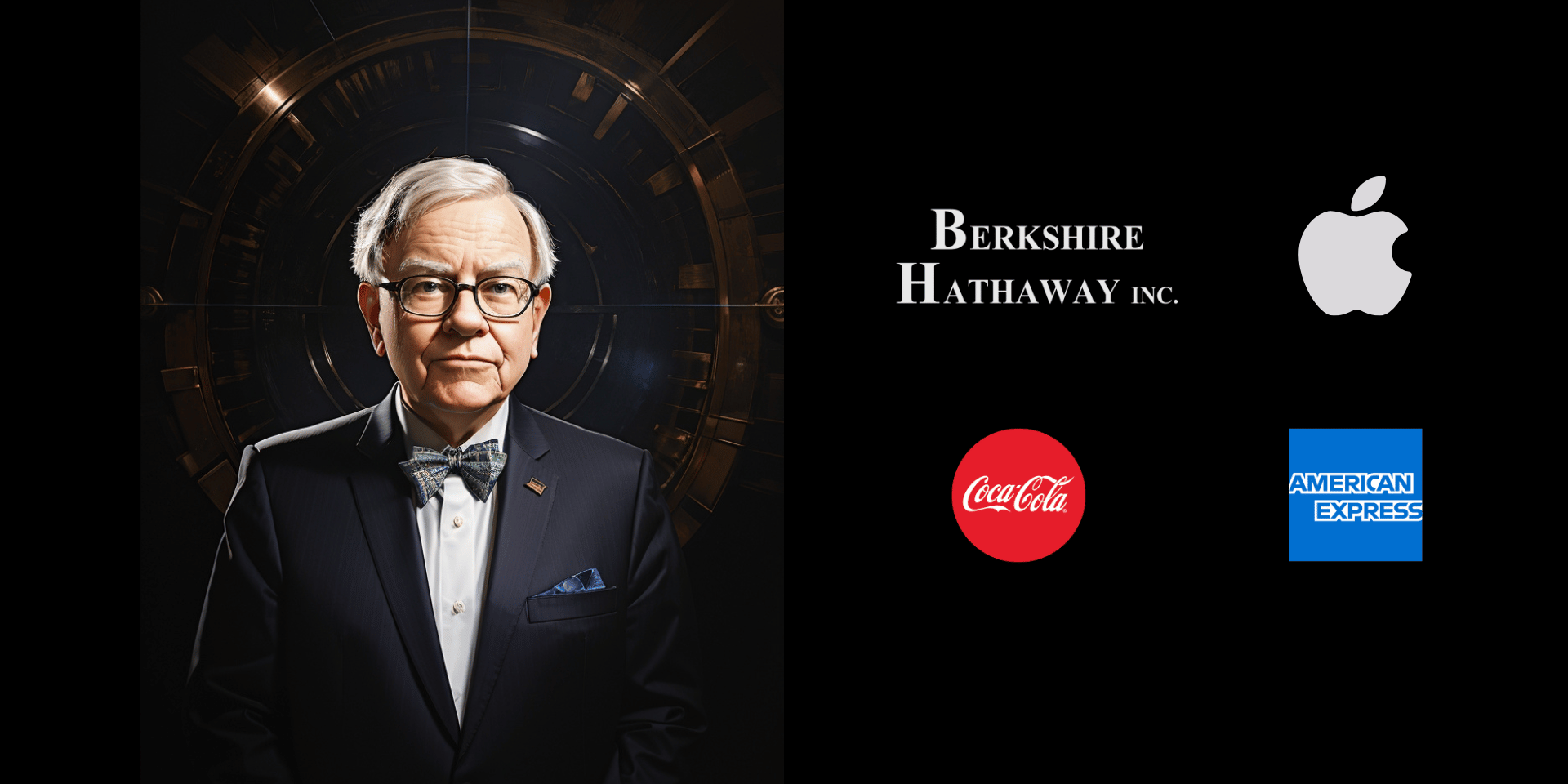In the world of finance and investment, there are few leaders as renowned and respected as Warren Buffett, often referred to as the “Oracle of Omaha”. He has amassed incredible wealth through his clever investment strategies. Let’s take you on a journey into the life and wisdom of this remarkable individual, whose success has made him an icon in the investment community.
Who is Warren Buffett?
Warren Edward Buffett was born on August 30, 1930, in Nebraska, into a middle-class family. From a young age, Buffett displayed a strong interest in money and investments. He started his journey very young through selling various products which was demonstrating his natural business instincts. Buffett purchased stocks and began cultivating his passion for investing at the age of 11.
He attended the University of Nebraska and later pursued a master’s degree at Columbia Business School. During this period, he was taught by the famous investor Benjamin Graham. It was Graham’s principles of value investing that laid the foundation for Buffett’s future success.
Let’s talk about his investments
Warren Buffett’s investment journey began in earnest in 1956 when he established Buffett Partnership Ltd., a private investment partnership. Through smart stock market decisions and careful analysis of companies, he achieved remarkable returns for his partners, solidifying his reputation as a skilled investor.
The turning point in Buffett’s career came in 1965 when he acquired Berkshire Hathaway, a textile company facing challenges. Under his transformative leadership, Berkshire Hathaway evolved into a diversified conglomerate and became the cornerstone of his investment empire.
Companies and Areas of Interest
Through Berkshire Hathaway, Warren Buffett has amassed significant holdings in various renowned companies. He is a major shareholder in well-known brands like Coca-Cola, Apple, American Express, and The Coca-Cola Company. His investment strategy of identifying solid companies with enduring competitive advantages has been a real success over the decades.
Apart from his investment ventures, Buffett has a deep interest in the insurance industry. Berkshire Hathaway owns several insurance companies, including GEICO, General Re, and Berkshire Hathaway Primary Group. His understanding of risk management and insurance underwriting has contributed significantly to Berkshire Hathaway’s growth.
What about his leadership style?
Warren Buffett’s leadership style is characterized by humility, rationality, and commitment to ethical conduct. He maintains a down-to-earth approach, often emphasizing the importance of simplicity.
Buffett’s investment model revolves around long-term value creation and an aversion to speculation. He emphasizes that investing should be approached as owning a part of a business rather than trading stocks. This philosophy has guided him to make prudent decisions and remain committed to his holdings.
As the CEO of numerous subsidiaries, Buffett understands the importance of delegation. He empowers his team to take ownership and make decisions within their respective areas of expertise. This delegation of responsibility has allowed the company to operate efficiently and fostered a culture of innovation.
Despite his vast knowledge, he never stops learning. He remains curious and open to new ideas and perspectives. This thirst for knowledge has enabled him to adapt to changing market conditions and stay relevant in an ever-evolving business landscape. Most of people who know Warren Buffett know that he’s a great reader. He read thousands of books and he has said in many appearances that he reads books for several hours everyday. This inspiring consistent action is one of the characteristics that make him a great leader.
From a young entrepreneur in Omaha to one of the world’s wealthiest individuals, Warren Buffett has proven himself as a dedicated leader. His remarkable intelligence and investment mindset has made him one of the most influential people in the investment field. He has been navigating financial markets wisely, and demonstrated that even the most complex financial markets can be navigated successfully with the right approach and leadership.








